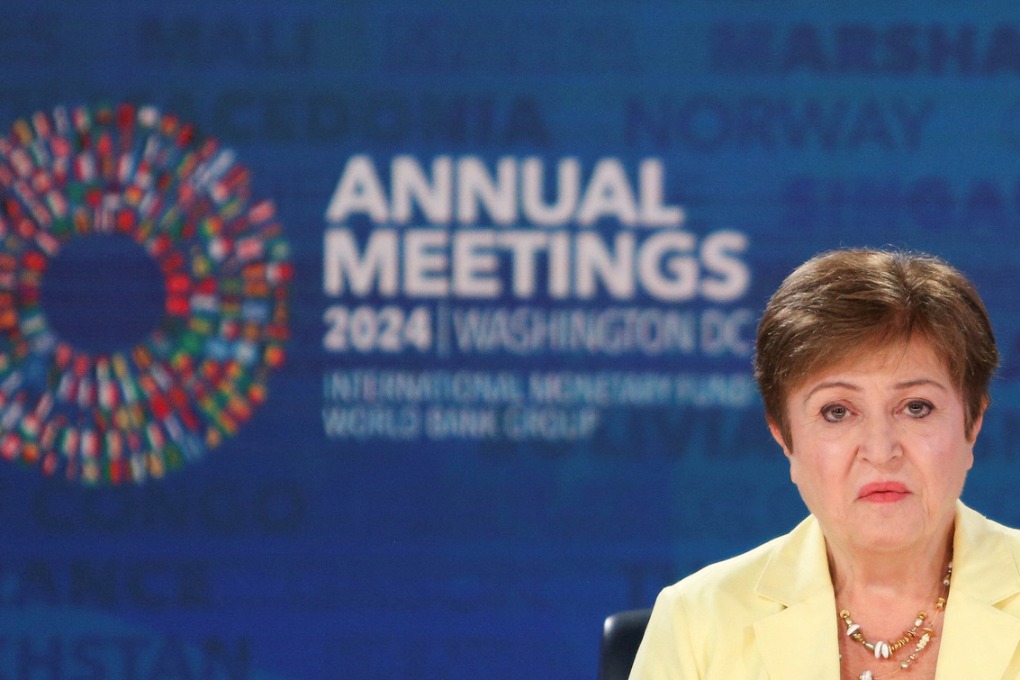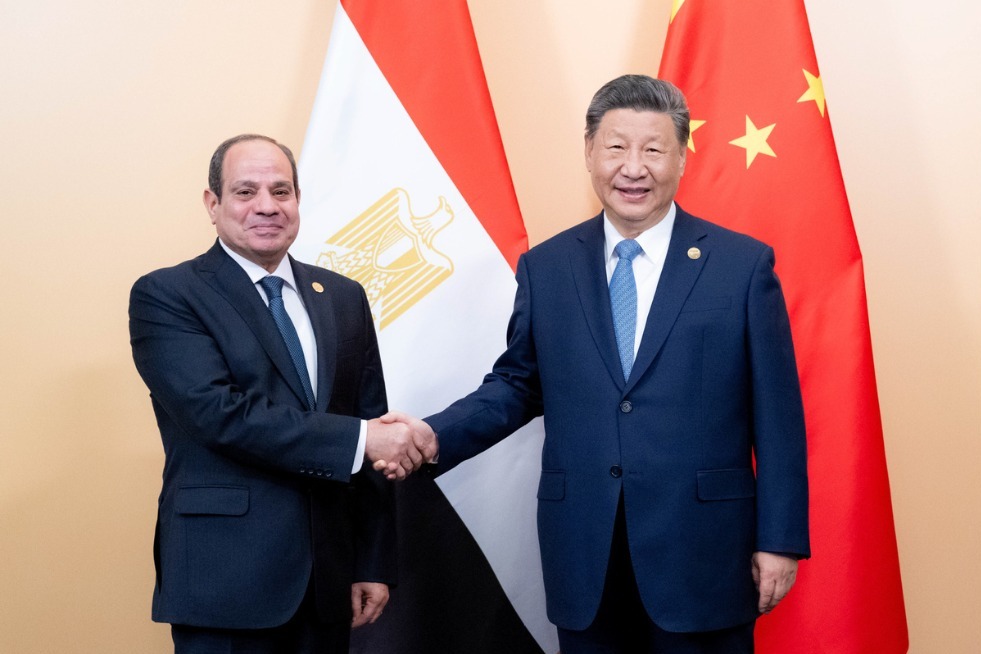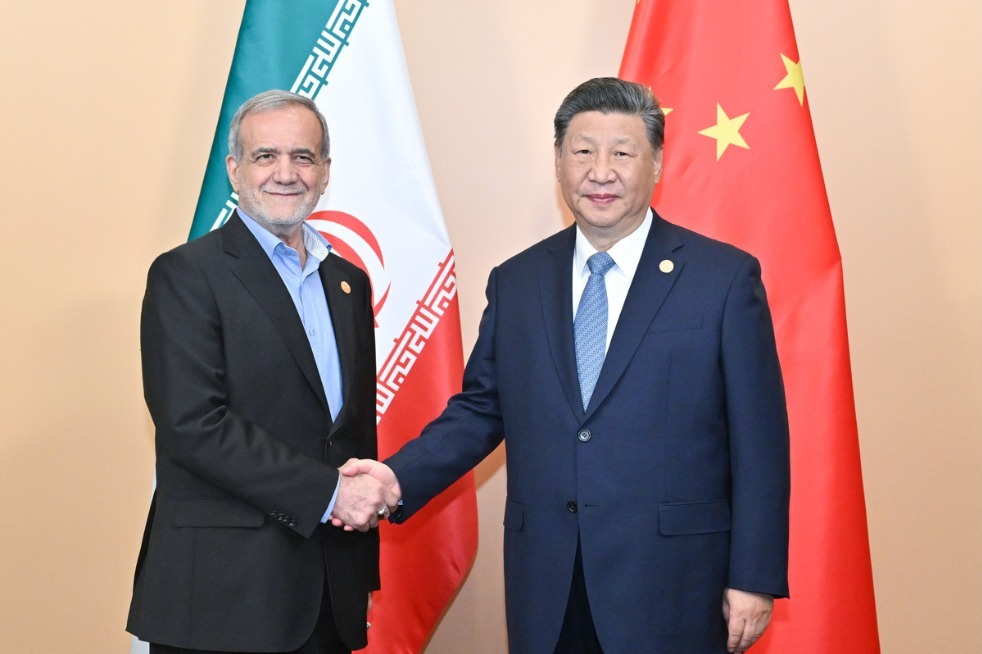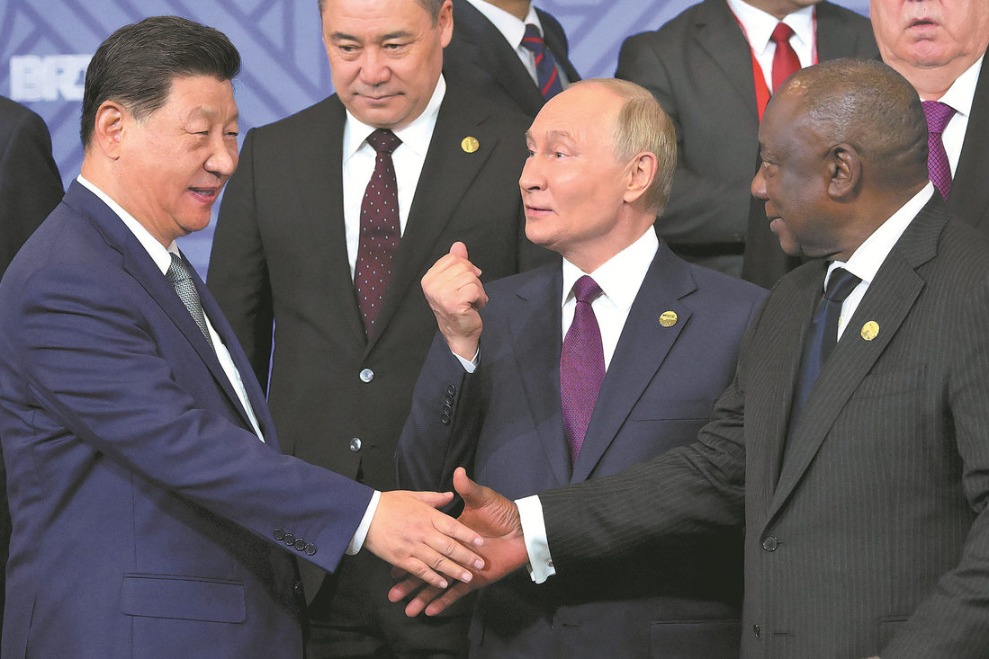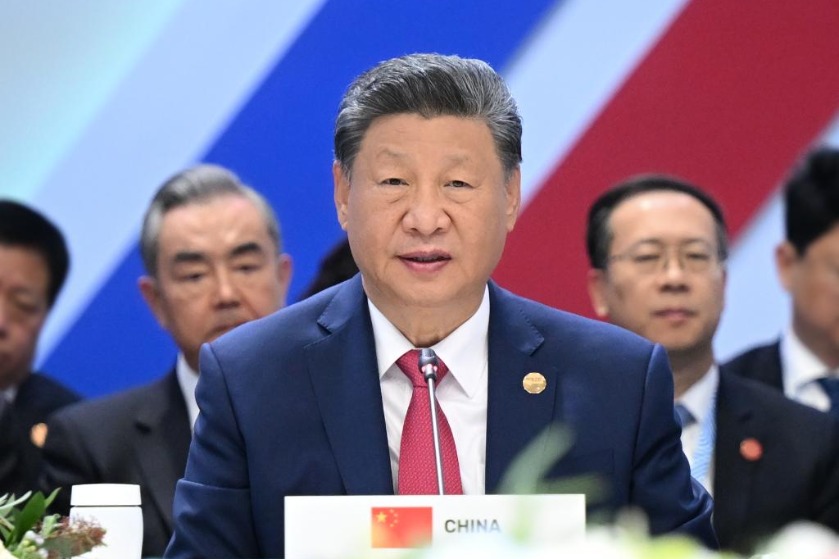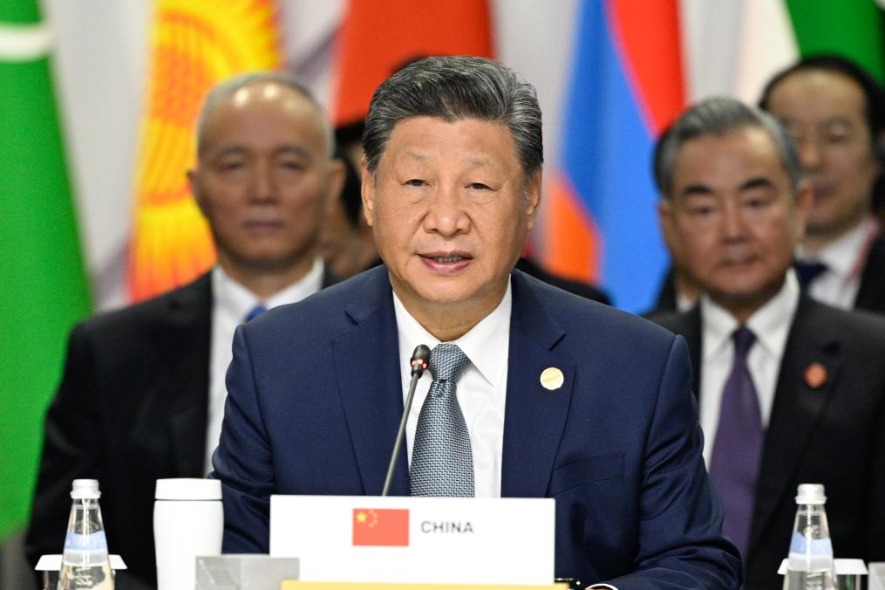China, EU progress on investment

Discussions over level playing field for 5G market, and commitment to multilateral
China and European Union officials hope a comprehensive investment agreement, expected to be concluded next year, will help further open the China market for investors while securing fair treatment for Chinese companies in Europe.
The charge d'affaires at China's mission to the EU, Wang Hongjian, on Tuesday applauded the bilateral agreement, reached earlier this month in Beijing, that protects geographical indications, or GI, which are signs on a product that identify its country of origin.
The agreement protects a total of 100 European GI in China and 100 Chinese GI in the EU against imitations and usurpations. Wang said the agreement was as an important step in the right direction.
Speaking at the 9th Europe-China Forum, organized by Friends of Europe in Brussels, Wang said: "Both sides have displayed the political will and practical attitude in speeding up the negotiation of China-EU comprehensive investment agreement, and we are moving forward towards the goal of reaching a high-level agreement next year."
He proposed the two sides should start negotiations on a free trade agreement as soon as possible.
Wang highlighted China's surge in the World Bank's Doing Business ranking from 46th last year to 31st this year, and the country's latest opening-up measures as an indication of progress.
He said he hopes that the EU, while demanding that China open its markets further, should stick to the market principle of providing fair, just and non-discriminative treatment to Chinese companies, including with 5G technology.
Many in China have expressed concerns that the EU, under threat and pressure from Washington, may not give Huawei, the Chinese telecommunication giant, a level playing field in developing the 5G market in Europe.
In a report released last month, the Chinese Chamber of Commerce in the EU expressed concern over the tighter screening of foreign direct investment in the EU, and on discriminative treatment that some Chinese companies have received in the fields of technology and energy.
Phil Hogan, the European Commissioner for Agriculture and Rural Development, who is also the incoming European Trade Commissioner, said both sides are making serious efforts to reach an agreement on the investment deal in 2020.
He said two summits scheduled for next year could be the right moments for striking an agreement. These include the China-EU summit in Beijing in April and the EU-China summit in Leipzig, Germany, in September.
Hogan emphasized the importance of facing up to international challenges such as climate change, global peace and security, and sustainable development and WTO reform.
Hogan said China shares the EU's commitment to preserve the WTO and multilateral system. "The European Union cannot do it alone. We need China, or countries like China, to be with us and play a constructive role," he said.
Gunnar Wiegand, managing director for Asia Pacific at the European External Action Service, said the comprehensive investment agreement will help open up areas of the China market for European investors and tackle issues such as subsidies to state-owned enterprises.
Admitting the difficulties in the negotiations, Wiegand said: "We need to find the right balance of interests".
Wu Hailong, chairman of China Public Diplomacy Association, and China's ambassador to the EU from 2011-2014, said China's overall tariff level had been reduced to 7.5 percent, and this "fulfilled much more than China's promise when joining the WTO". Wu added that China's opening of 100 sub-sectors in services means it is close to the level in advanced countries, and higher than the level of average developing countries.
















